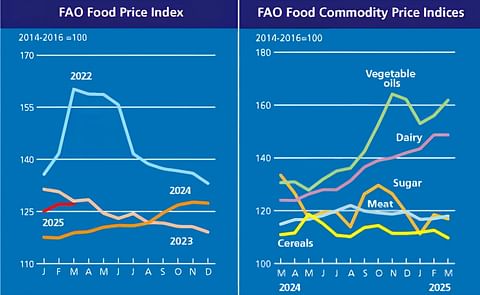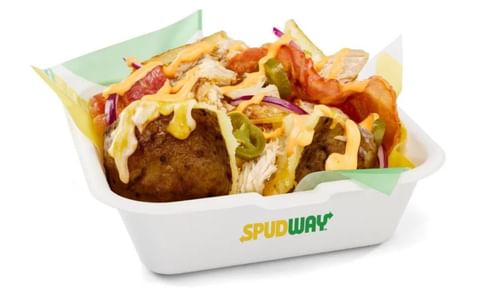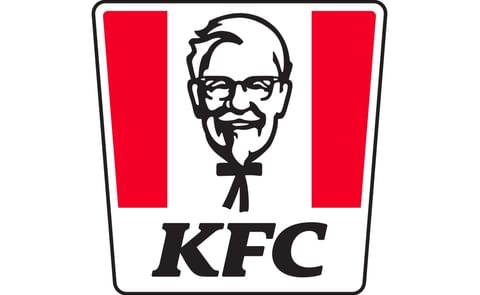Even as artery-clogging trans fats continue their fast fade from the nation's food supply, there are early signs that 2009's nutrition "bad guy"will be salt.
Salt is being siphoned from soups, banished from breads, channeled out of chips, even bumped from baby foods.
Big foodmakers, from Campbell to ConAgra, have companywide plans to cut salt. Lower sodium is "our top strategic priority,"says CEO Douglas Conant of Campbell, which has cut sodium in everything from soups to Prego sauces to V8 juices.
Some 663 products claiming "reduced sodium"were introduced in 2007, vs. 449 in 2006. Through the first nine months of this year, 402 were introduced, says Tom Vierhile, director of Datamonitor's Productscan Online, which tracks new products.









